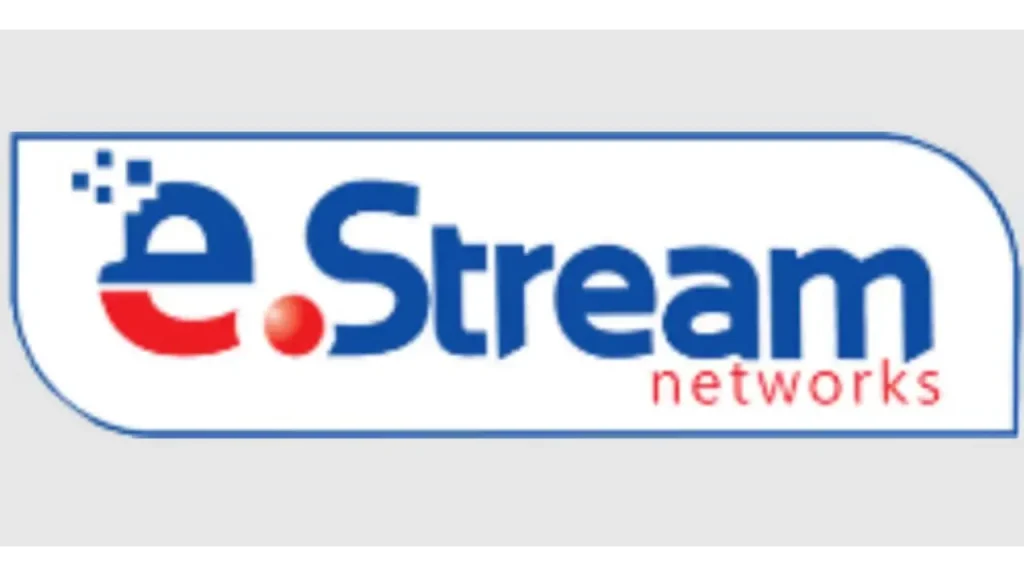• eStream Networks offers tailored broadband and IT connectivity solutions in Nigeria, holding ISO 9001 quality certification, and positioned to serve both enterprise and residential customers.
• The streaming and connectivity industry is being reshaped by trends including AI-driven personalisation, integrated data privacy regulation, economic constraints, and the growth of live/streaming services; eStream is operating in this environment and confronting these challenges.
eStream Networks’ profile and operations
eStream Networks Ltd is an ISO 9001 quality-certified company and a licensed broadband communications provider based in Lagos, Nigeria. It was founded in 2006 by Muyiwa AbdulRazaq Ogungboye, and over the years has built a portfolio covering enterprise connectivity, broadband for homes and businesses, and custom IT services. This positioning enables eStream to address both high-demand use-cases like business networking and smaller scale residential connectivity, leveraging multiple technologies to deliver bespoke solutions.
On the operational side, eStream emphasises quality assurance via its ISO 9001 status—which provides a framework for consistent service delivery and continual improvement.  It also holds a broadband licence, meaning it operates under regulated standards in the Nigerian telecommunications environment. Among its offerings, eStream works to “break barriers” for Nigerian businesses by improving broadband internet connectivity, especially in underserved areas.
Also read: MainOne Ghana: Expanding digital reach through cables and data
Also read: Google expands subsea network with new US–EU cable
Industry trends, challenges and recent innovations with respect to eStream Networks
The broader streaming, broadband and connectivity sectors are grappling with a number of global trends: increasing demand for higher-quality streaming (4K, low latency, live), pressure from consumers for better personalisation, tighter regulatory oversight of data privacy, and economic headwinds that push both service cost sensitivity and infrastructure costs. Innovations in AI, edge computing, adaptive content delivery networks (CDNs), more efficient compression techniques, and better use of first-party data are shaping strategies.
For eStream Networks, some of these global conditions become local imperatives. Nigeria’s broadband penetration and reliability pose infrastructure challenges: power supply issues, last-mile connectivity, cost of fibre or wireless deployment, and ensuring coverage in areas with scarce infrastructure. Furthermore, regulatory compliance has grown more complex for both data protection and telecommunications licensing. For the purpose to be prosperous, eStream will have continue making commitments in strong infrastructure, maybe setting up redundancy, employing hybrid technologies (satellite, wireless, and fiber), and developing successful network architectures. Using AI-driven optimization of networks (for instance, for predicting congestion or to manage adaptive bitrate streaming), embracing partnerships with content providers and telcos to bundle or distribute services, and enhancing the customer experience through additional monitoring and support tools are some recent innovations in the streaming industry that present potential opportunity vectors for eStream. Organizations throughout the world are implementing new codecs, edge caching, and hybrid CDN/P2P distribution where efficient to cater to issues including expanding bandwidth demands.

